It is our intention to gather a small group, a maximum of 25 researchers in the domain of writing process research. The main objectives of this workshop include the following:
explore the possibilities and limitations of new methods and techniques that are currently used to collect data on writing processes, viz. keystroke logging;
discuss good practices to set up ethnographical and experimental writing process research, also focusing on the complementarity of observation methods;
introduce a wide range of possibilities to explore writing process data from different perspectives and prepare them for further analysis;
present qualitative and quantitative approaches to writing process data;
create a basis for a stronger international network of enthusiastic writing researchers in different stages in their careers.
Lodging
We have arranged for a block of rooms at a group rate at a nearby hotel within walking distance of the workshop site. Participants wishing to take advantage of the group rate need to contact the hotel to make their own reservations before Friday, April 8, 2016.
Hotel: Boston Marriott Cambridge. 50 Broadway, Cambridge, MA 02142
Group Rate: $233/night including internet access – available the nights of Friday, April 29 and Saturday, April 30. A limited number of rooms is available for a third night, Sunday, May 1st.
To Make Reservations by Phone: Call 1-800-228-9290 or 617-494-6600. Be sure to mention the group code in order to get the block rate. Group Code: “Dartmouth College Writing Research Room Block ”
To Make Reservations Online: Use this special link to go to the Marriott online reservations site for the workshop:
Organizers
Mariëlle Leijten, University of Antwerp | Belgium
Luuk Van Waes, University of Antwerp | Belgium
Suzanne Lane, Director, Writing, Rhetoric, and Professional Communication, MIT | USA
Christiane K. Donahue, Director, Institute for Writing and Rhetoric, Dartmouth College | USA
Additional Information about the Workshop
Inputlog has been developed at the University of Antwerp to log writing processes in both ecological and experimental settings. The program logs all keyboard and mouse events in whatever Windows environment. When writing in MS Word extra characteristics that relate to the input events are logged to allow for refined writing analyses (see below). The program also logs text production with speech recognition (Dragon Naturally Speaking, Nuance) and also tracks copy-and-paste actions that relate to the use of external digital sources (e.g. the internet).
Inputlog features five modules:
Record . This module logs (keyboard, mouse and speech) data in Microsoft Word and other Windows based programs together with a unique time stamp (ms).
Pre-process . As it is often necessary to refine logged data prior to analysis, this module allows us to process data from various perspectives: event based (keyboard, mouse and speech), time based or based on window changes (sources: MS Word, Internet etc.). For instance, the filter is convenient for deleting logging session start-up or deactivation ‘noise’.
Analyze . This module is the heart of the program and features three process representations (general and linear logging file and the s-notation of the text) and four aggregated levels of analysis (summary, pause, revision, bigram and source analyses).
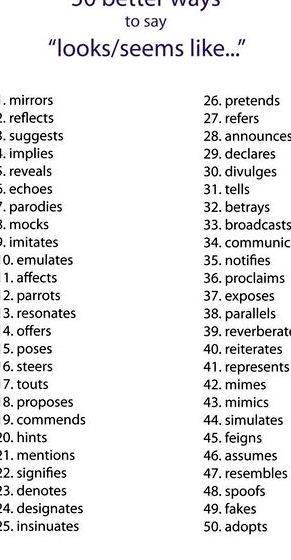
Additionally a process graph is produced. In the current version also a linguistic process analysis is offered which returns the results from a part-of-speech tagger, a lemmatizer, a chunker, the syllable boundaries, and word frequencies
Post-process . This module integrates single or multiple log files from Inputlog or other observation tools (Morae, Dragon Naturally Speaking, Eyetracking data). It is also possible to merge multiple output files for further analysis in, for instance, Excel, SPSS, R or MLWin.
Play . This module allows researchers to play back the recorded session at various levels (time or revision based). The replay is data based (not video based) and the play speed is adjustable. A logged session can also be reconstructed revision by revision.
Inputlog is freely available for non-commercial use by researchers in the context of writing and translation research. It is available on. inputlog.
Reference
Leijten, M. Van Waes, L. (2013). Keystroke logging in writing research: Using Inputlog to analyze and visualize writing processes. Written Communication, 30 (3), 358– 392. doi: 10.1177/0741088313491692


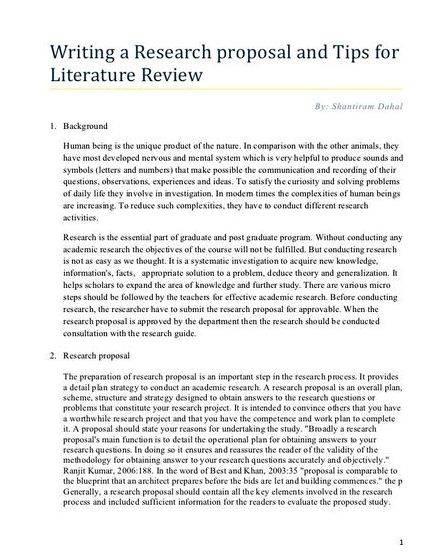


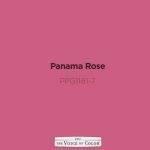 Voice of color thesis writing
Voice of color thesis writing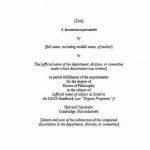 Apa thesis proposal cover page
Apa thesis proposal cover page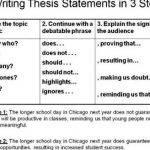 Thesis writing services philippines postal code
Thesis writing services philippines postal code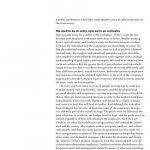 Individualisation thesis definition in writing
Individualisation thesis definition in writing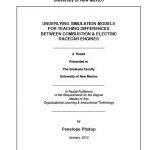 Sample title for thesis writing
Sample title for thesis writing






